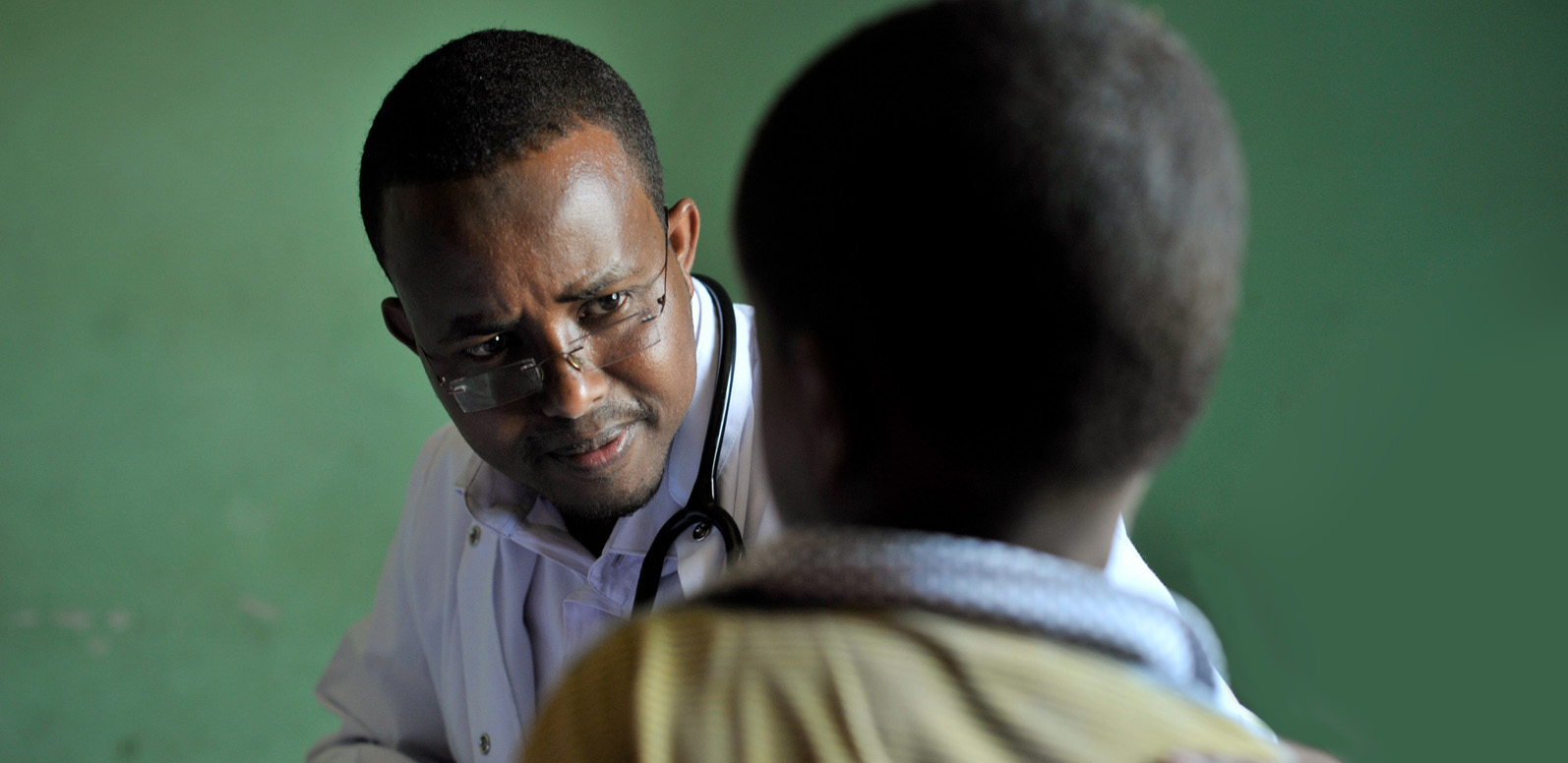Interpret This: A Dying Dialect Linked to Ancient Greek
On one hand, you’ve got the dominant languages of the world, which include English with 1.4 billion speakers, Mandarin with 1.3 billion speakers and Hindi with 602 million speakers. And then there is Romeyka.
Romeyka is an endangered form of Greek preserved in remote mountain villages of northern Turkey. Now spoken by only a few thousand people, it’s described by researchers as a bridge to the ancient world, sharing more with the language of Homer than with modern Greek. (Listen to a comparison in the video above.) With no written form, it has lingered on orally in an area around the Black Sea coast.
With Romeyka speakers aging, and younger people not exactly clamoring to learn the aged tongue, it’s another language in danger of disappearing from the world.
In this story from the Guardian, Endangered Greek dialect is ‘living bridge’ to ancient world, you can get a look at the current effort to preserve Romeyka. But the piece also includes this bit of perspective from University of Cambridge historical language professor Ioanna Sitaridou. “Obviously I love all languages and I would like to see them preserved,” she says. “But I’m not one of these people who think languages have to be preserved at all costs. And at the end of the day, it’s not exactly down to me. If the speakers decide to pass it on, great. If the speakers choose not to pass it on, it’s their choice.”

